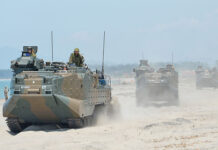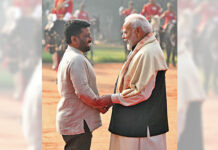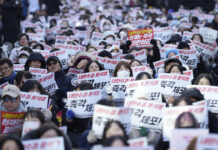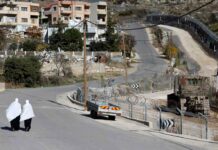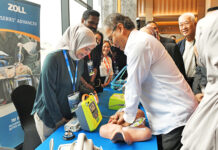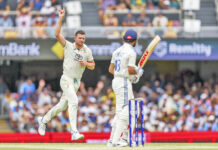Fadhil Yunus
Ramadhan typically brings about adjustments in carrying out physical activities, primarily sports and exercise, owing to the limitations of performing at an optimal level.
It is hardly a hidden fact that engaging in high intensity exercise void of consuming a beverage brings about the risk of dehydration. As the body reacts differently during fasting, the ideal approach to exercising is to perform at one’s own pace to avoid fatigue.
Traditionally, most major sport competitions temporarily undergo a break during Ramadhan, while training hours are usually held after Sunnat Tarawih prayers.
Sports in the month of Ramadhan has been fairly muted this year, continuing on a lengthy hiatus from nationwide activity since the second wave of the COVID-19 pandemic last August.
As Muslims welcome the fasting month, long periods of abstinence from eating and drinking from dawn to dusk may be energy-sapping, especially as exercise demands high levels of effort and concentration.
Despite such limitations, however, fasting should not be viewed as a hindrance to practicing a healthy lifestyle through exercising. Partaking in sporting activities has the ability to boost the immune system.
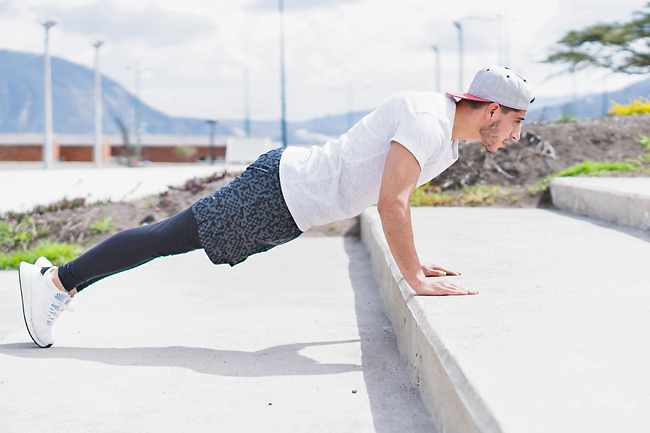

Most people are aware of the importance and benefits of sport, that being, not only does it make one healthier physically, but mentally too. All sports activities and exercises are beneficial towards health, reducing the risk of the occurrence of non-communicable diseases such as heart disease, high cholesterol and diabetes.
As a fitness enthusiast, I will share pointers on exercising whilst fasting, because ill effects could transpire should such activities be carried out at unsuitable times.
Among the potential adverse effects include a drop in blood sugar level which can cause a person to sweat and faint, or dehydrate, as a result of a lack of fluids.
To engage in day-time sports activities during Ramadhan, one should identify a suitable sport so as not to overexert the body. There are a host of sporting activities that can be performed while fasting, though practice should be done in moderation.
Performing at a high-intensity level will lead to a sudden loss of energy, therefore low to medium intensity activities are advisable, such as brisk walking, yoga, tai chi and cycling.
Timing is also crucial; an individual should find a convenient time to exercise so that it will not disrupt the functioning of the body.
In the evening, the appropriate time to exercise is perhaps an hour or two before the breaking of fast, though the loss of energy can be compensated by refuelling through meal consumption once they break their fast.
Some might prefer to exercise at night – after the Sunnat Tarawih prayers, and once a person has received sufficient energy and fuel from the breaking of fast.
In striking this balance, the appropriate food choice is vital. Besides attaining the necessary nutrients, it will also help maintain fitness throughout fasting.
During sahur, it is encouraged to attain food based on complex carbohydrates such as rice, bread and beans, in addition to consuming plenty of water.
Meanwhile, when breaking the fast, it is encouraged to attain simple food firstly to prevent discomfort in the digestive system.
For example, one should start by consuming dates as they contain fructose that can help provide an instant dose of energy.






